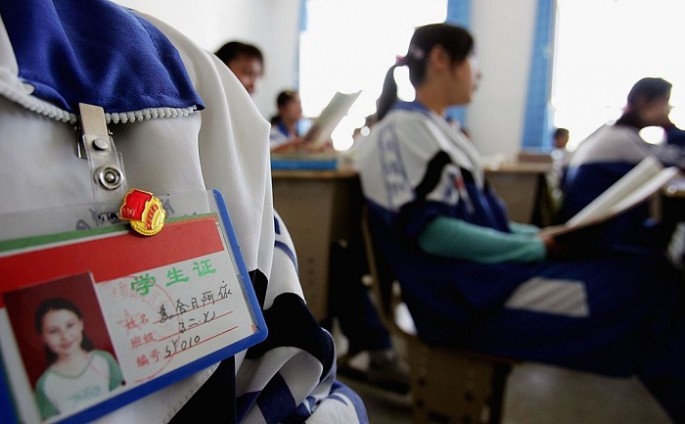Aksu officials announced they are planning to establish a bilingual kindergarten in every village in the region, and they will hire more teachers to support this endeavor, the Global Times reported.
In addition, professionals from various fields will be encouraged to participate in volunteer activities in poor communities. These plans are part of Aksu's efforts to promote ethnic unity in the region.
Aksu official Liu Gang, who oversees bilingual education in Awat, said they are planning to set up 66 bilingual kindergartens in the county from 2016 to 2021. At present, only half of the county's population have access to these schools.
"The bilingual program is extremely popular among local parents, who believe language skills are crucial for their children's future education and career paths," Liu told the Global Times.
Earlier this year, the regional education department announced that more students in Xinjiang are getting bilingual education compared to statistics from 2010, Xinhua News reported.
In 2010, only 34 percent of elementary and secondary school students had access to bilingual education, but in 2014, 69 percent of these students were being educated in Mandarin and in their native language.
There were only 999,000 students who had bilingual education in 2010; in 2014, that number rose to two million, and 480,000 of these were in kindergarten.
As part of the government's efforts to advance bilingual education in the region, more than 96,000 teachers were trained, 44,900 of whom were from southern Xinjiang. In addition, 2,500 bilingual kindergartens were built.
Last year, Yu Zhengsheng, one of the leaders of China's governing political party, said that teaching students to speak both their native language and Mandarin is important in keeping the stability and unity in the region, Reuters reported.
"If we are to maintain Xinjiang's social stability and ethnic unity we must put education and employment work in an even more prominent position and further raise the quality of bilingual education," Yu said in state television, according to Reuters.



























